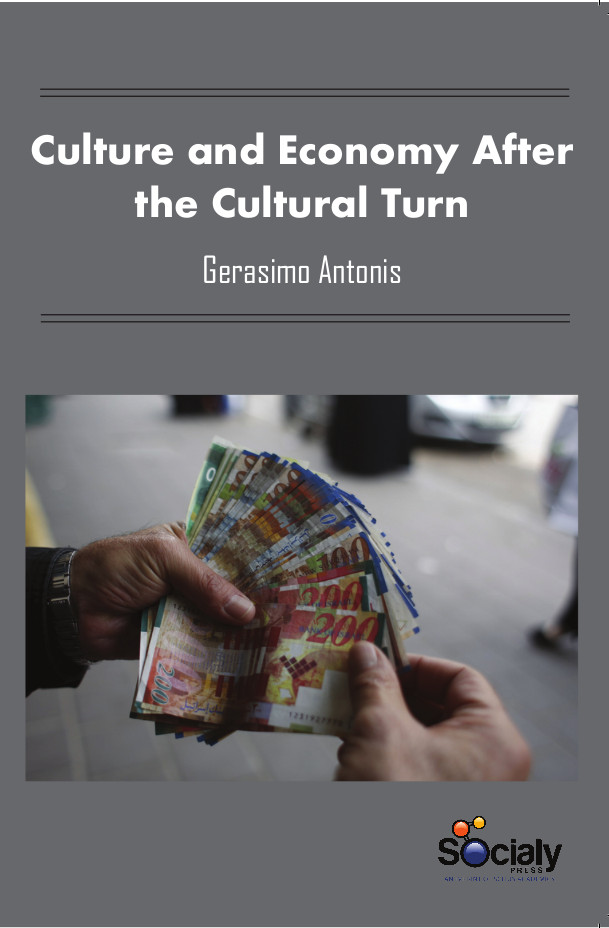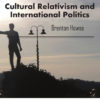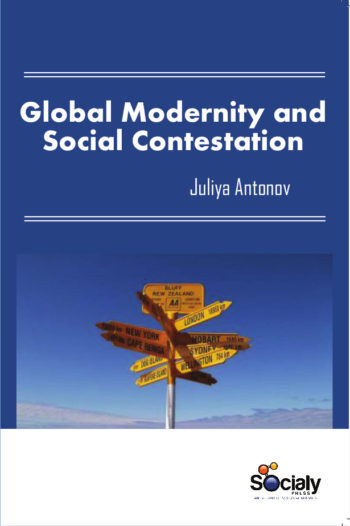There has been a well-documented `cultural turn’ in social theory. The cultural turn is a movement beginning in the early 1970s among scholars in the humanities and social sciences to make culture the focus of contemporary debates; it also describes a shift in emphasis toward meaning and away from a positivist epistemology. The cultural turn in the late 20th century is interpreted as referring to either a substantive shift in society or an analytical shift in academia. The former argues that culture plays a more significant role in advanced societies, which fits with the notion of post-modernity as an historical era in which people “emphasizes the importance of art and culture for education, moral growth, and social criticism and change. This takes two forms: the `epistemological’ case in which culture is seen as universally constitutive of social relations and identities; and the `historical’ case in which culture is seen as playing an unprecedented role in constituting social relations and identities in contemporary society. In the years after 2000, a mood of ‘pragmatic reflexivity’ emerges in cultural studies and sociology alike, in which, despite latent tensions, various balances are struck between culture and economy, theory and method, political purpose and academic professionalism. However, several recent currents of thought and research are undermining the ‘culture and society’ problematic that has sustained most versions of the sociology-cultural studies encounter.
Culture and Economy After the Cultural Turn inspects the impact of the cultural turn for the social sciences concerning the decline of interest in economic facets of society. It presents a number of studies to the changing relationship between culture and economy, and to the in which the cultural turn has required to understand it. It compiles the issues of political sensibilities and movements, equality and recognition, `cultural management’, class, ethnicity and gender, and cultural values.













